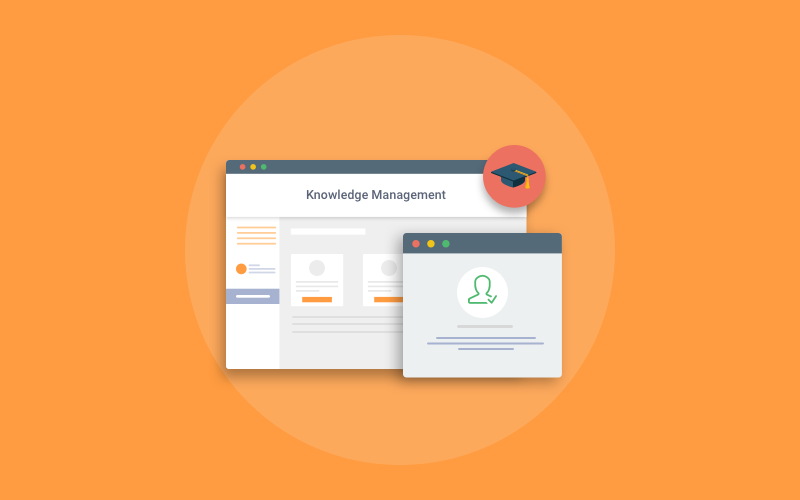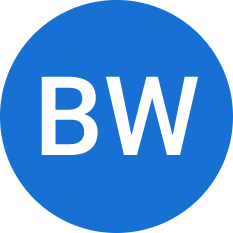
The past few decades in education have witnessed a respectable trend away from Behaviorism and towards more Constructivist pedagogies in the classroom. Rather than engaging students in repetitive “drill & kill” exercises with scantron exams, the thinking goes, we should be assigning more collaborative, project-based activities that encourage students to seek their own knowledge. State and national education standards have accordingly been updated to reflect target learning objectives such as “analytical thinking”.
This important shift is inarguably a more realistic way to train students for the skills that they may ultimately need in the “real world”. But it has come at the expense of our ability to improve and measure what students actually know.
The Continued Importance of Knowledge
Forget what pontificating constructivist educators remind you about the proliferation of on-demand information sources like Google. The acquisition and retention of knowledge is more important than it has ever been.
Infinite examples abound. ER doctors simply don’t have time to look up an organ or a symptom every time a patient has an urgent issue. They need to know those things. Foreign language learners need vocab words and verb conjugations to be innate in order to use them fluidly in conversation. And we all need to know various facts about History or Geography to not sound like an idiot in social conversations.
In fact, we can’t even become skilled at Googling quick facts in the first place, if we don’t have a strong enough existing base of knowledge to stand upon.
The challenge for today’s educators is thus figuring out how to balance the need to train students for 21st century job skills. This they’ll have to do while keeping in mind the continuing need to ensure that students leave school with a brain full of the right knowledge that will serve them throughout life.
Outsourcing Educational Knowledge Management to Technology
Fortunately, recent advancements in technology have made this balance much easier to strike. On the one hand are Creative Technologies (e.g. Word, PPT, PhotoShop, Final Cut, Excel, Blogs, Wikis, computer programming languages, etc.), where teachers, tutors, mentors, and professors can work closely with students to refine their productive skills.
On the other hand are Educational Knowledge Management Technologies (e.g. Brainscape, Quizlet, Kahoot, and online textbook resources), which give students the ability to acquire, study, and solidify knowledge on their own.
This is a key distinction. As with the millennia-old apprenticeship model of learning, Creative Technologies are best taught with the instructor (i.e. “in the classroom”), with a constant feedback loop that improves students’ skills and their ability to transfer those skills to diverse situations.
But Educational Knowledge Management Technologies (EKMTs) are generally autonomous, allowing students to improve their knowledge on their own (e.g. via a home computer or a personal smartphone), without requiring any net addition of educator time or resources.
In other words, EKMTs essentially allow teachers to “outsource” the review and maintenance of knowledge to the students’ personal devices (as homework), so they can focus more class time on those important skill-building activities and Creative Technologies. Never again should a teacher have to waste class time uttering phrases like “raise your hand if you know the answer to #7. Such drills are what EKMTs are best at.
Read More: Top 15 Knowledge Base Software and Tools
Using EKMTs to Bridge Knowledge and Skills in the Classroom
Traditional EKMTs are provided by publishers to accompany textbooks and other printed materials. For example, a publisher might provide students with an “e-book” that contains readings, videos, animations, simulations, and formative assessments, to reinforce learning as students proceed through the independent instruction on their own.
These EKMTs might also provide teachers with centralized “dashboards” so they can track students’ knowledge acquisition progress throughout the curriculum. Such teachers thus become more like “facilitators” of knowledge acquisition than traditional “instructors.”
The downside of using purely publisher-provided EKMTs is that it can make students too accustomed to being “spoon-fed” a linear stream of information. In the real world, as Constructivists will proudly remind you, most knowledge must be deliberately sought, and our education strategies should accordingly prepare students to “construct” their own knowledge paradigms.
The good news is that new types of EKMTs now exist. They allow students to manage their knowledge in a way that uses both Constructivist and Drill-based education strategies.
Take my company, Brainscape, as an example. Students can use Brainscape’s adaptive flashcards platform to collaboratively create their own digital flashcards from the knowledge that they are being asked to seek. Authoring a high-quality, well-organized set of flashcards requires students to use high-level thinking skills such as research, evaluation, and synthesis, which are important skills in almost any future job setting.
Then, more importantly, students can use these adaptive web & mobile flashcard study algorithm to maintain and manage that new knowledge, using good old fashioned spaced repetition. Students can seamlessly link between each flashcard and its original information source, thus further blurring the line between the Constructivist knowledge-seeking activity and the Behaviorist drill & practice exercises that truly make the knowledge stick.
Whatever type of flashcard, Quiz Maker, or game-based study platform that educators may use, we should all be excited about the new opportunities to combine previously incompatible pedagogies in a way that does not require any additional class time.
The Future of Knowledge Management Technologies in Education
The primary benefit of the new EKMTs described above is that they enable educators to hierarchically divide complex topics down into their smallest learning objectives, for ease of study, bite-sized assessment, and targeted remediation. Unlike a long, “linear” piece of content like a textbook, wiki, or video, technologies like digital flashcards allow students to organize and track their own knowledge at the atomic level.
A future worldwide, standardized data index of all learnable concepts could power a new generation of technology integrations. Imagine the ability to annotate the entire web as a learning resource, where user-tagged “cards” could show up in the margin of any news or reference site next to their original source. Or imagine a protocol that allows future e-books and other educational resources to “tag” each learnable concept with the card that corresponds with them.
Using the power of the crowd + AI, there’s no limit to how well-organized and robust this index of the world’s educational knowledge can become. Watch this space, and stay tuned for many more significant innovations in the ways we handle Knowledge Management in Education.
FREE. All Features. FOREVER!
Try our Forever FREE account with all premium features!







